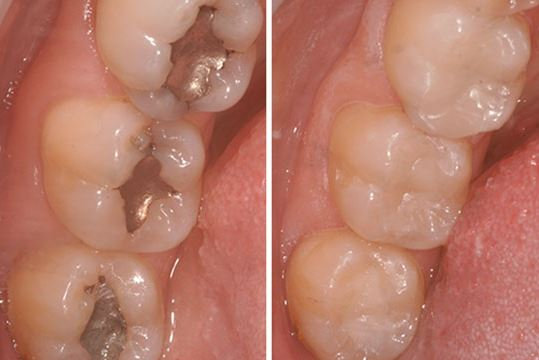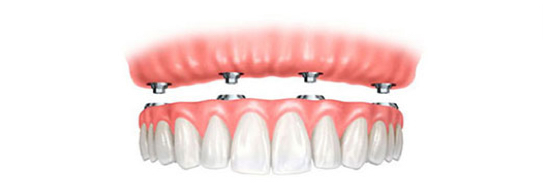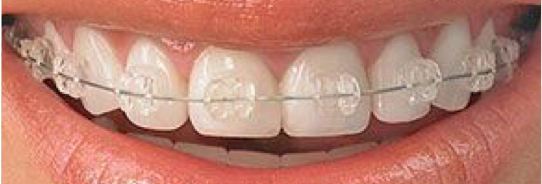What is a Root Canal?
A root canal is typically required when the nerve inside a tooth is dead or dying. In these cases it can cause severe discomfort, meaning root canal treatment can provide a welcome relief. Sometimes a dead tooth has no symptoms and is only picked up on x-ray examination. If left untreated there is potential for the tooth to get loose or turn black. Root canal treatment is carried out in order to clean an inflamed or infected tooth root. An opening is made in the crown of the tooth to allow for access for instruments.
Once the treatment has been completed a crown is often recommended for protection. This is because a tooth with root canal treatment is more likely to fracture than one without. Back molars are most likely to crack and so we always recommend a crown in these cases.
What Can Cause a Root Canal?
A root canal can be required for a variety of reasons. These can include a crack in a tooth, severe tooth decay or wear from grinding of teeth. Sometimes when treating tooth decay in a tooth what looked like a straightforward filling can become a root canal. This is because the nerve inside a tooth can be very sensitive. The process of removing decay can occasionally be the straw that breaks the camels back. The best way to reduce the need for this treatment is to maintain a high standard of oral hygiene and visit your dentist regularly.

Root Canal Discomfort
There are many signs and symptoms that can help you tell if you are in need of a root canal treatment. One of the main signals is over-sensitivity to hot or cold temperatures once the extreme temperature is removed.
Other symptoms include severe discomfort in the tooth when applying pressure or chewing, discolouration of the tooth or swelling or tenderness in surrounding gums. If experiencing any of these symptoms, you should arrange an appointment with your dentist. Sometimes a tooth that needs root canal treatment may not have any symptoms at all.
Risks of Root Canal
A root canal is usually preformed in order to save the tooth but sometimes the tooth is too damaged to undergo the procedure. This can lead to the loss of the tooth. Occasionally the dentist will discover a crack in the tooth which can`t be restored. Other times the bacteria is too aggressive or too established to fully sterilise. It is not always possible to say with certainty how long a tooth will last after root canal treatment. In a small number of cases it can appear root canal treatment has been successful but a short time later symptoms can reappear.
Root canals have a very high success rate but you need to be aware that nothing can be 100% guaranteed. After root canal treatment the tooth is at higher risk of cracking or staining. Your dentist may recommend a crown on the tooth. This is particularly the case for back teeth where the chewing forces are higher.
If you have any worries about the risks of root canal your dentist would be happy to talk you through the procedure and chances of these things happening to you.

































